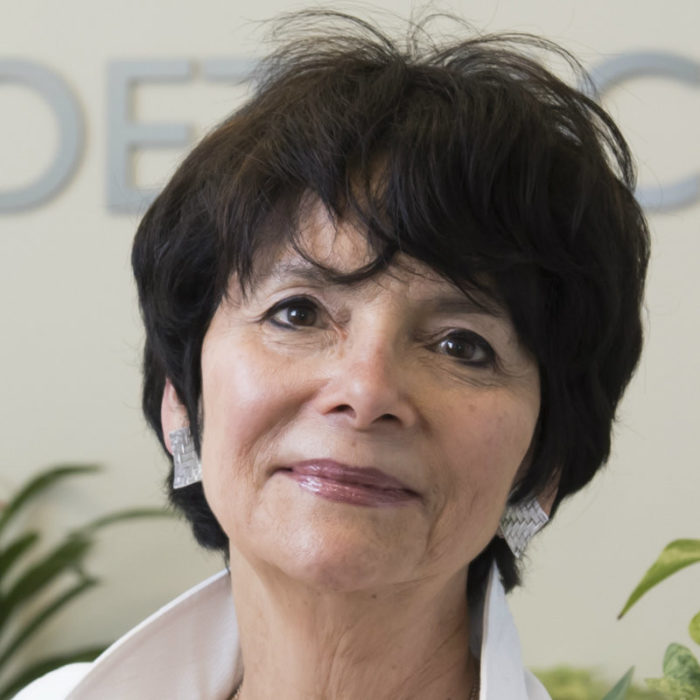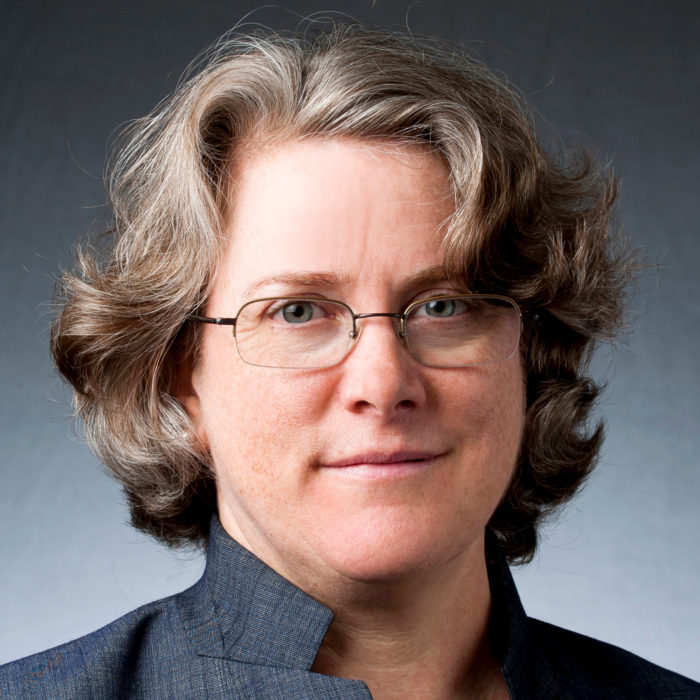Practical ethics is an interdisciplinary field of study that takes on ethical issues arising in professions and scholarly disciplines, within institutions and society.
JHU Exploration of Practical Ethics
For almost a quarter-century, the Berman Institute of Bioethics has led national and international efforts to make sense of and find answers to new ethical issues arising from rapid gains in health care, public health, and the biomedical sciences.
But advances in science and technology increasingly touch impact aspects of our lives that go far beyond bioethics’ traditional purview. In response, Berman Institute scholars and their colleagues across the university have begun exploring contemporary ethical issues that cross academic disciplinary lines and take place in a wide range of real-world circumstances. To support these efforts, Johns Hopkins created the Exploration of Practical Ethics program, which provides grants for faculty to undertake research in interdisciplinary fields of ethics.
The program awarded nine grants in 2016 to projects examining issues relating to criminal justice, higher education, economics, and environmentalism, among others. Last year, the program held another competitive call for applications and disbursed $350,000 to seven new cross-disciplinary projects. On Nov. 14, the researchers held a Symposium to share their work.
Current Awardees
Practical Ethics Blog
Ethical Robots
Nov. 2, 2018
By Amelia Hood
Isaac Asimov’s Three Laws of Robotics were first published in the short story collection I, Robot in 1950. Asimov was a biochemist and a prolific author of science fiction, and the type of anthropomorphized, “positronic” robots he featured in his stories existed well in the future (i.e. the Three Laws were said to have been published in 2058). His Three Laws, however, did go on to inspire many people to become roboticists and have influenced the ways in which roboticists think about ethics in their field.
Roboticists at the Applied Physics Laboratory teamed up with ethicists from the Berman Institute to start to do the work of creating robots that can behave with an ethical code inspired by the Three Laws, and to think about what that might look like when programming them to act. In Ethical Robotics: Implementing Value-Driven Behavior in Autonomous Systems, they are focusing on the first clause of the First Law: A robot must not harm a human.
Online Spaces
October 15, 2018
As the internet becomes increasingly essential to everyday life, and especially to commerce, research on the internet is also essential. IRBs, lawyers, and researchers are working out the best ways to interact with, recruit, and do research with internet users–falling under human subjects research. But the investigators of Conducting Research in Commercially-Owned Online Space, a 2017-2018 Practical Ethics awardee, aim to clarify the best way to do research on content important to the health of the public that is created by and owned by private, and sometimes powerful, entities.
The Number of Refugees to be Resettled in the U.S.
Oct. 8, 2018
One year ago, President Trump dramatically reduced the number of refugees that would be allowed to enter the United States in 2018. Following the unprecedented 110,000-person ceiling set by President Obama for 2017, Trump lowered the number to 45,000. This marks the first time in history that the United States is not the leader in refugee resettlement—the first year we’ve accepted fewer than half the world’s refugees.
Investigators on the project Determining the Number of Refugees to be Resettled in the United States: An Ethical and Human Rights Analysis were awarded funding to analyze both policy and ethical questions about the criteria used to determine the number of refugees admitted to the United States each year. The investigators interviewed various stakeholders and experts who are deeply familiar with the process: past and present members of the State Department, congressional staff, think tanks on both sides of the political aisle, as well as those involved with the actual resettlement process including NGOs and domestic and international refugee bureaus.
Project Leadership and Staff




